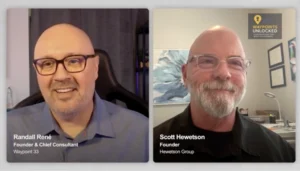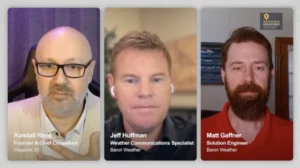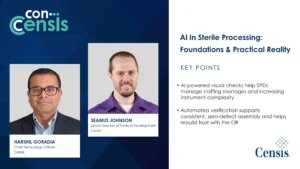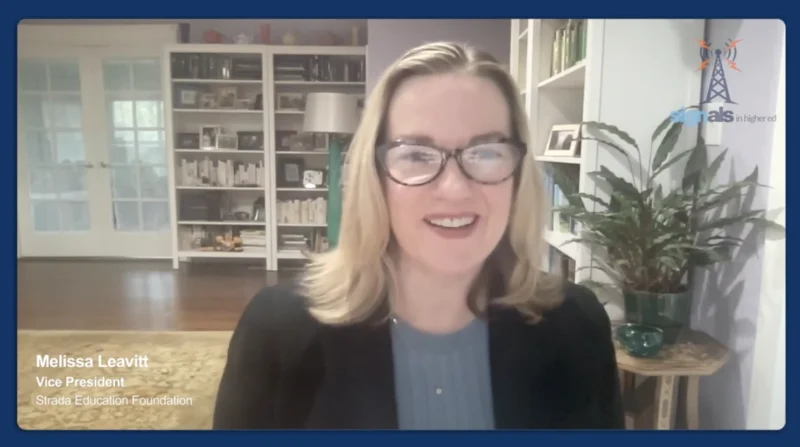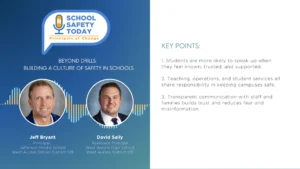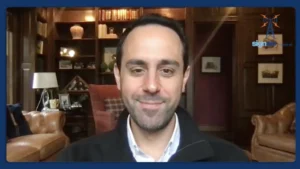WES Mariam Assefa Fund Awards $1.35 Million in Grants to Support Career Pathways for Immigrants and Refugees Amid Pandemic
The WES Mariam Assefa Fund, the philanthropic arm of World Education Services (WES), today announced the award of $1.35 million in grants to enable immigrant and refugee workers to advance in the workforce of today and tomorrow and build strong careers that support their families and themselves. The three grant recipients are Building Skills Partnership (BSP), the EdTech Center @ World Education (EdTech Center), and the International Rescue Committee (IRC).
The approaches of the three organizations to the challenge of helping immigrants and refugees succeed in an ever-evolving workforce and economy are as innovative as they are diverse. The EdTech Center will launch a new initiative, Equity in mLearning, to build tools and networks that improve access to digital learning, training, and skill development programs for immigrant workers and immigrant-serving organizations; BSP will develop and scale a new industry-recognized Infectious Disease Certification training program for building service workers; and the IRC will support and expand successful place-based career pathways programs for refugees and immigrants.
“COVID-19 has highlighted the essential contributions that immigrants and refugees make to our economy and communities, while also exposing the range of barriers that inhibit immigrant and refugee workers from thriving. Philanthropic funding can help unlock solutions that build stronger career pathways for immigrant workers and contribute to a more equitable and resilient economy for all going forward,” said Monica Munn, Senior Director of the WES Mariam Assefa Fund. “We’re excited to partner with these leading organizations to ensure that training programs are equipping immigrant and refugee workers with in-demand skills, that career-advancing learning can be accessed in affordable ways, and that insights on what interventions work—and for whom—are informing more equitable workforce policies and systems.”
Immigrants are foundational to the U.S. economy. They comprise 17 percent of the U.S. workforce, 69 percent of whom are categorized as essential infrastructure workers, and contribute nearly $2 trillion of total U.S. GDP. In the aftermath of the COVID-19 pandemic, a full recovery of the U.S. economy and workforce must include the effective integration and advancement of immigrant and refugee workers.
In doing so, BSP, a California-based non-profit, will provide janitors and other low-wage building service workers with skills training, education, and opportunities that will help them advance in the workplace. BSP will use the grant in three ways. First, it will scale efforts to ensure that the 3,500 California workers it serves each year, many of them immigrants, have in-demand skills, including the development of a new industry-recognized Infectious Disease Certification. BSP will also increase its advocacy work around safety and job quality for building service workers. Finally, BSP seeks to build more efficient career pathways for immigrant, refugee, and other workers by connecting ethical employers directly with the union that represents them.
The EdTech Center @ World Education’s new Equity in mLearning initiative will use its funding to develop a digital learning and career support platform for immigrant workers. This initiative will respond to the needs of the field and advance solutions that can address the digital divide experienced by many immigrants and refugees, and the organizations that serve them. The platform will be open source and customizable, so that immigrants and immigrant-serving organizations can create an equitable and effective learning system that meets individual user and constituent needs as they emerge.
The IRC will use its grant to help expand career pathways programs for refugees and immigrants in four cities: Seattle; San Diego; Boise; and Atlanta. The process will include a place-based analysis of how local policies and decisions in a city’s workforce system affect the economic outcomes of refugees and immigrants. The goal is to generate insights into best practices that can be modified for use in other cities and communities that are also seeking to improve the outcomes of immigrants and refugees.
“The WES Mariam Assefa Fund continues to seed projects with transformational potential, working with key partner organizations,” said Esther Benjamin, CEO and Executive Director of WES. “This kind of practical creativity is key to ensuring an equitable and sustainable recovery from the current economic downturn. Open source mobile learning platforms designed with and for immigrant workers and immigrant-serving organizations, new certification programs for frontline immigrant workers like janitors and building technicians, and tested pathway programs that can be customized according to the needs of a community—each of these solutions empowers immigrant communities and enables them to contribute to the economy, to public health, and to their own financial stability.”
Luis Sandoval, Interim Executive Director at Building Skills Partnership, said:
“California’s property service workers are on the front lines of our state’s public health crisis. In every building that remains open, they risk their health each day by going to work. Even before the pandemic hit, California’s property service workforce made up a vulnerable demographic. We are grateful for the support of the WES Mariam Assefa Fund to address the immediate needs of our communities and work toward inclusive recovery. Through this grant, Building Skills Partnership will develop an industry-recognized Infectious Disease Certification training as a pathway to career and economic mobility.”
Alison Ascher Webber, Director of Strategic Initiatives, EdTech Center @ World Education said:
“Mobile technologies could be leveraged to support millions more immigrants to meet their career goals through anytime, anywhere learning, assessment, and matching of skills to opportunity. The WES Mariam Assefa Fund’s investment in building an open-source, customizable mLearning platform reflects their understanding that immigrants and the organizations that serve them must be part of designing and building this new digital learning ecosystem if it is to be equitable and effective at scale.”



